Today, in celebration of Phyllis Tickle’s life, we share with you an open letter, written in thanksgiving for her friendship, guidance, and love over the last twenty years.

Dear Phyllis,
What can we, at the Community of Jesus, say about you? How much of a friend you were, how we miss you terribly now and feel a hole in our days when we let ourselves think of you, and all that you have meant to us and done for the church?
We remember your great laugh and your warmth of spirit, how you would encourage and challenge us to think beyond what we knew, to what is unknown, and maybe uncomfortable, but possibly something new to consider. Where do we get this kind of friend? A friend who would stick her neck out — knowing she was throwing some people into a frenzy of confusion, and yet, at the same time, feeling it’s a necessary duty.
We know you also enjoyed those moments. You didn’t hide the twinkle in your eye when your probing had moved one of us off our chess spot, so that we bumped the Knight next to us and now saw the Queen from a completely different angle. Yes, there were some very crafty moves, and yet, you weren’t just crafty, you were interested in the growth of an individual and its direct effect on the church. Open the doors of the mind, let there be new ideas, let our words speak to a church in need, not a church we wish existed. These were your words, and you were an evangelist and advocate, eager to live out your faith on the hoof with great intention and integrity.
We miss you, friend. We see your hand at Paraclete Press, and you will always be with us as a reminder to keep our sights on the future and the needs of a hurting world — of which we are a part — and to live out that vocation in the market place.
We miss you, friend. We remember your words and your impassioned plea that the theater of the church be vital and full, retelling the great stories of faith and the riches of God’s promises to his people. Elements Theatre Company owns this charge.
We miss you, friend. We hear your chortles and southern twang as you tell stories and enjoy a visit with friends and colleagues, believing that at the basis of relationships, commitment and faith were paramount.
It has been our great privilege to know you and work with you, to sit with you and talk with you, to be a part of the church together and serve its future.
With our great love and affection,
Your friends and family at the Community of Jesus
And flights of Angels sing thee to thy rest. Hamlet V,ii
Follow us
https://www.facebook.com/communityofjesus.org

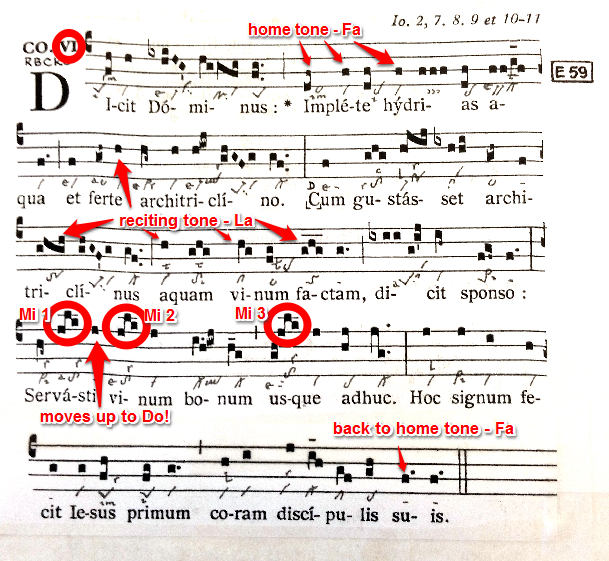

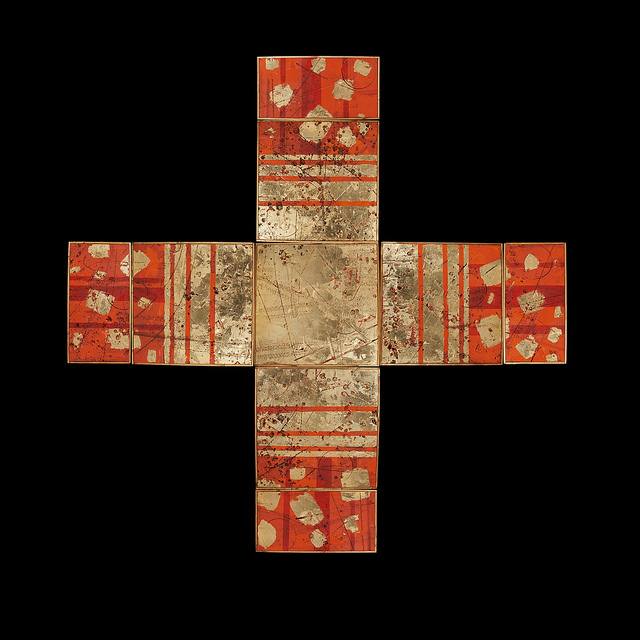
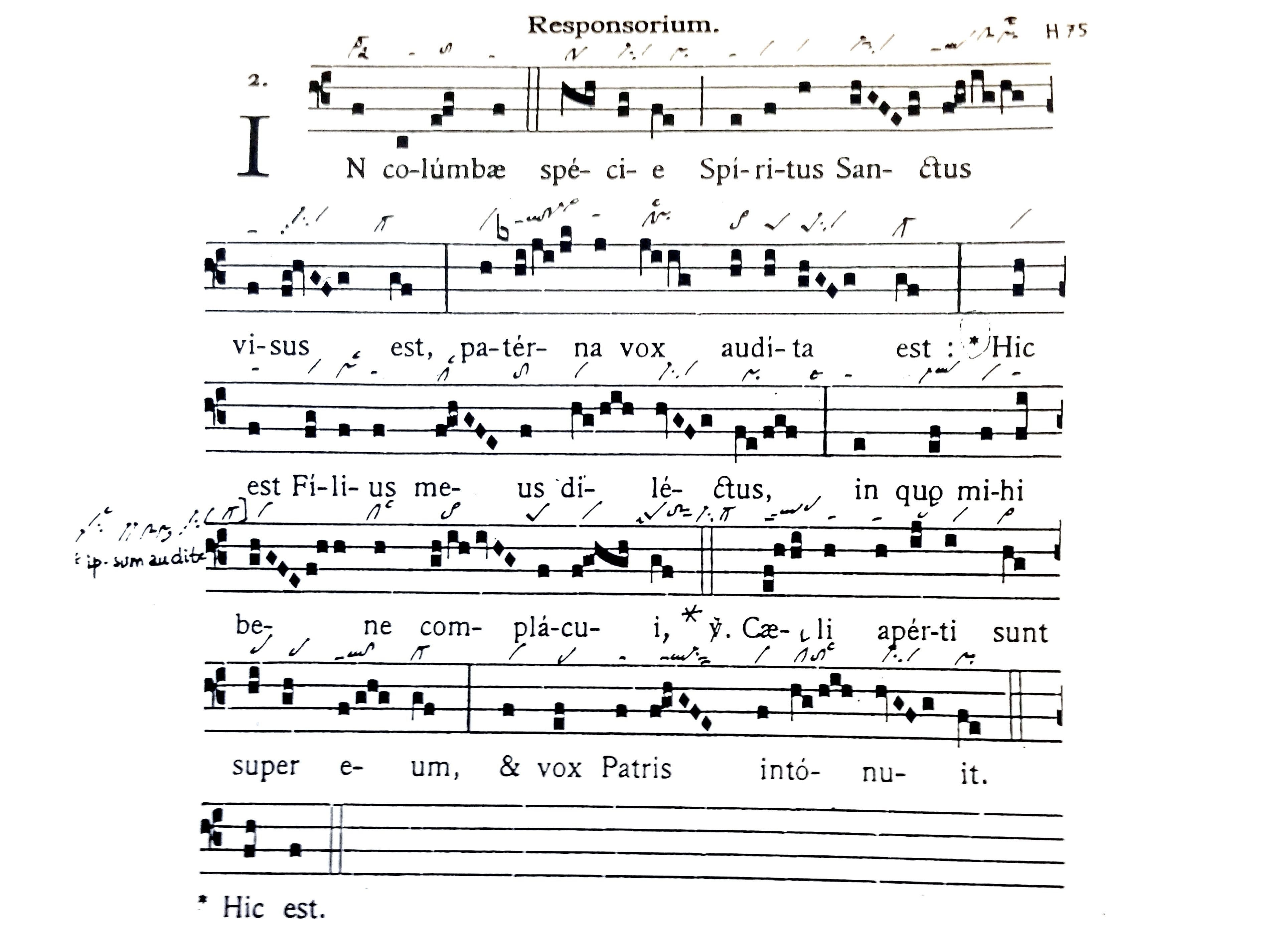


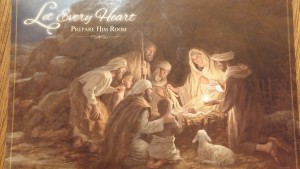

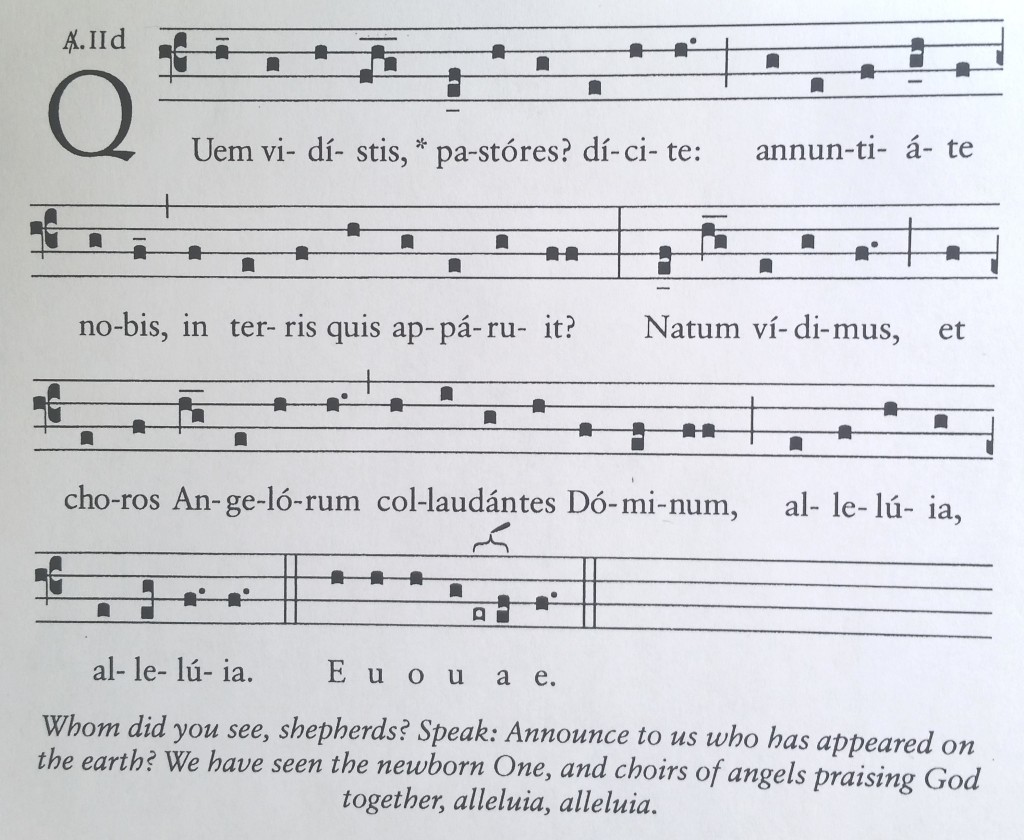

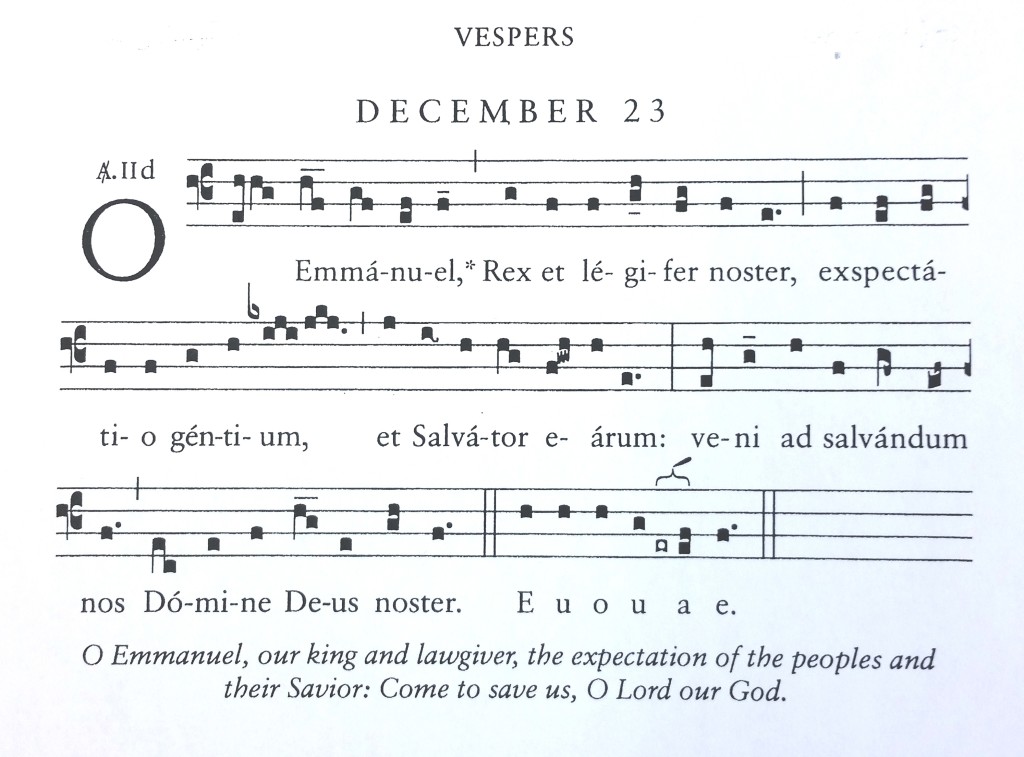





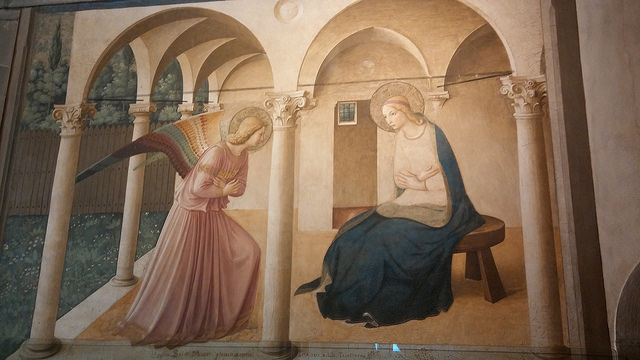
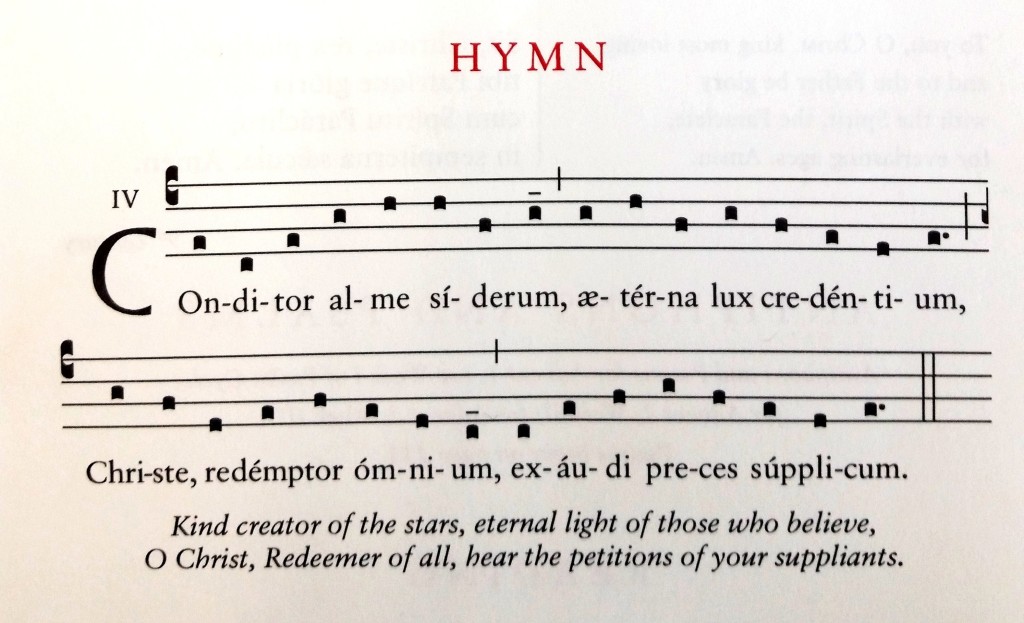
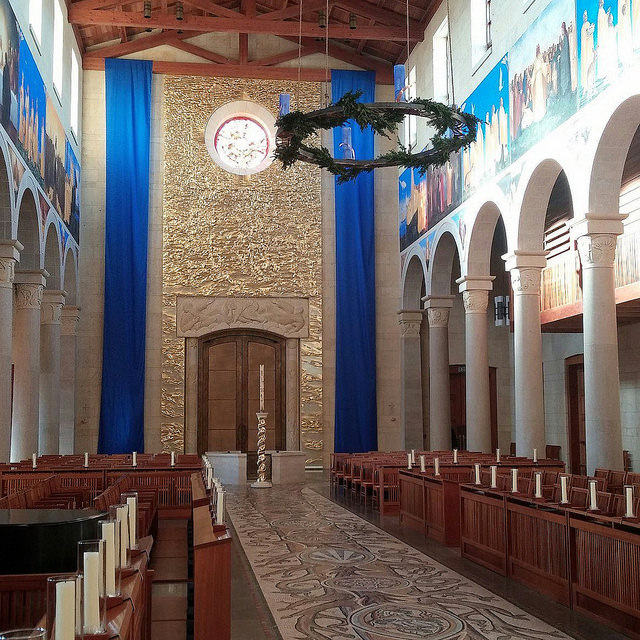

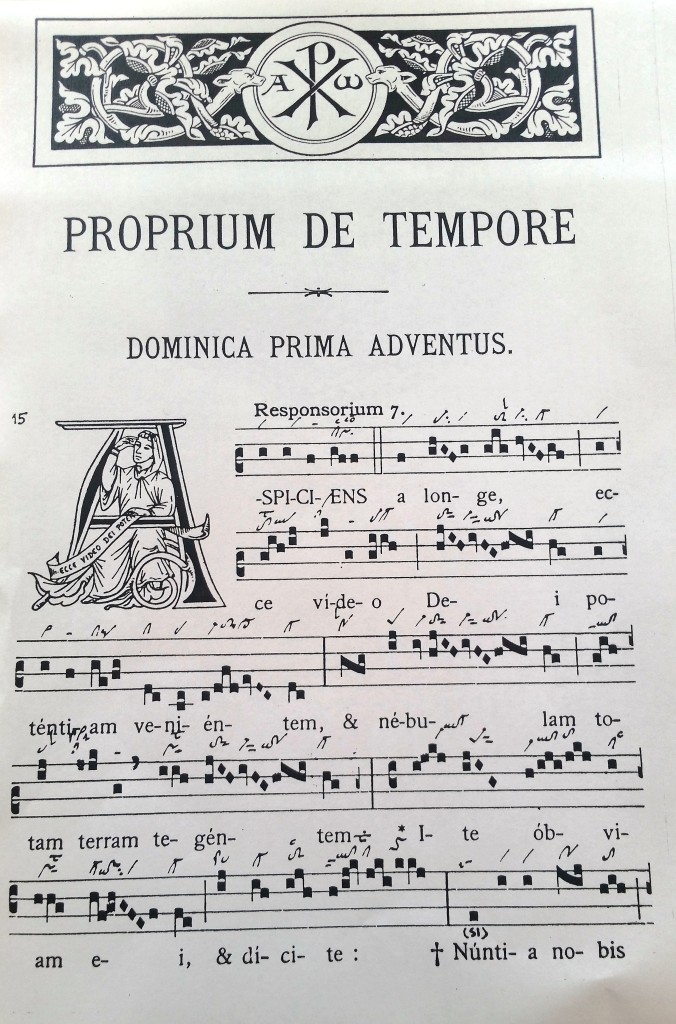
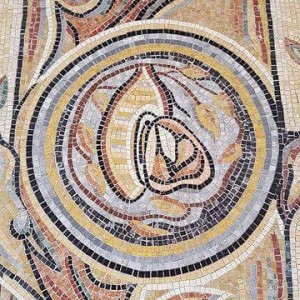


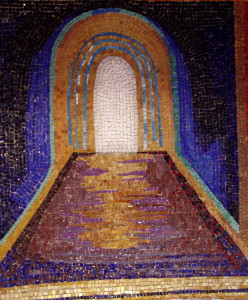
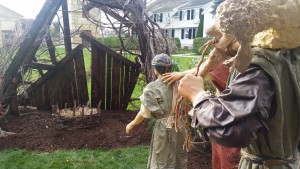


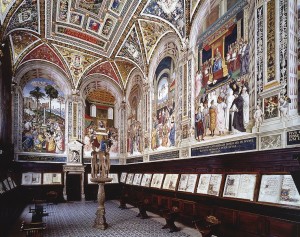

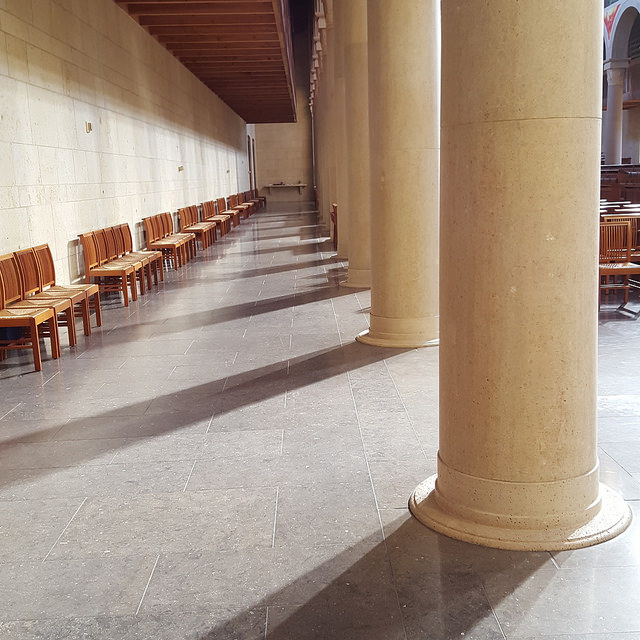

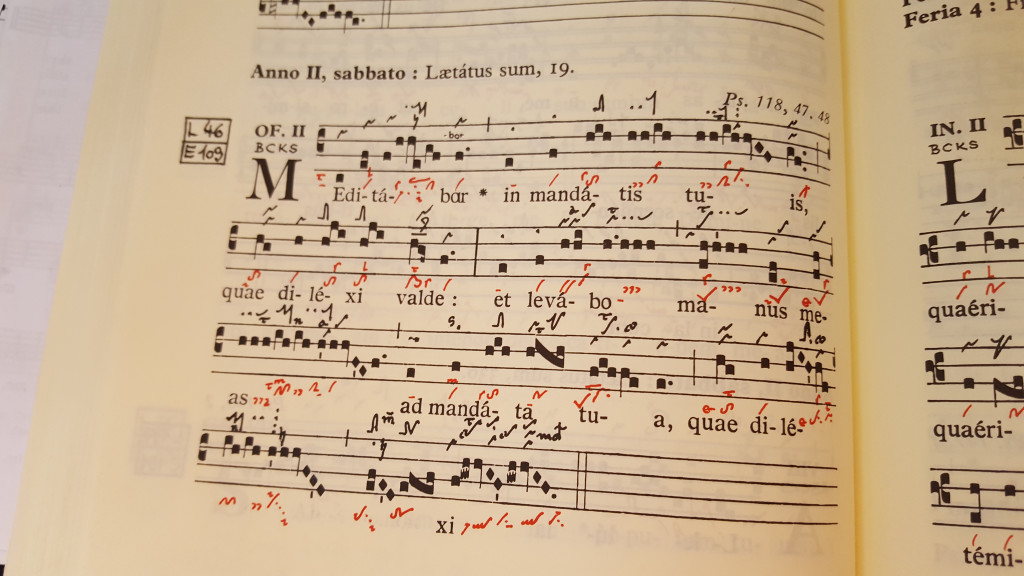
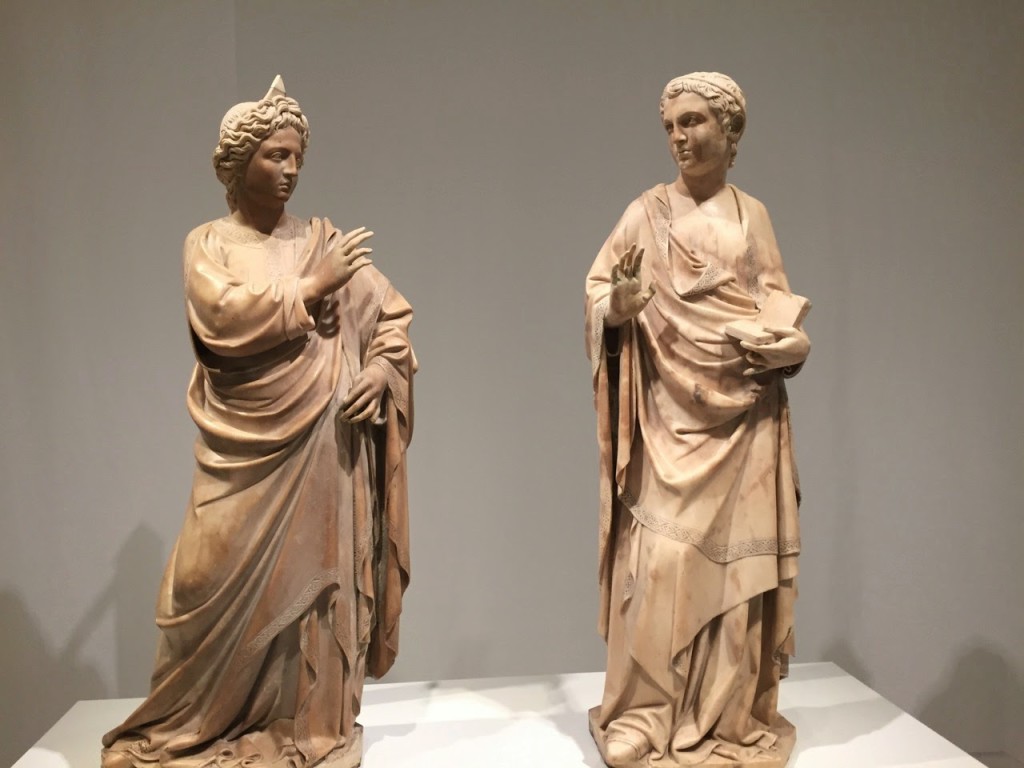

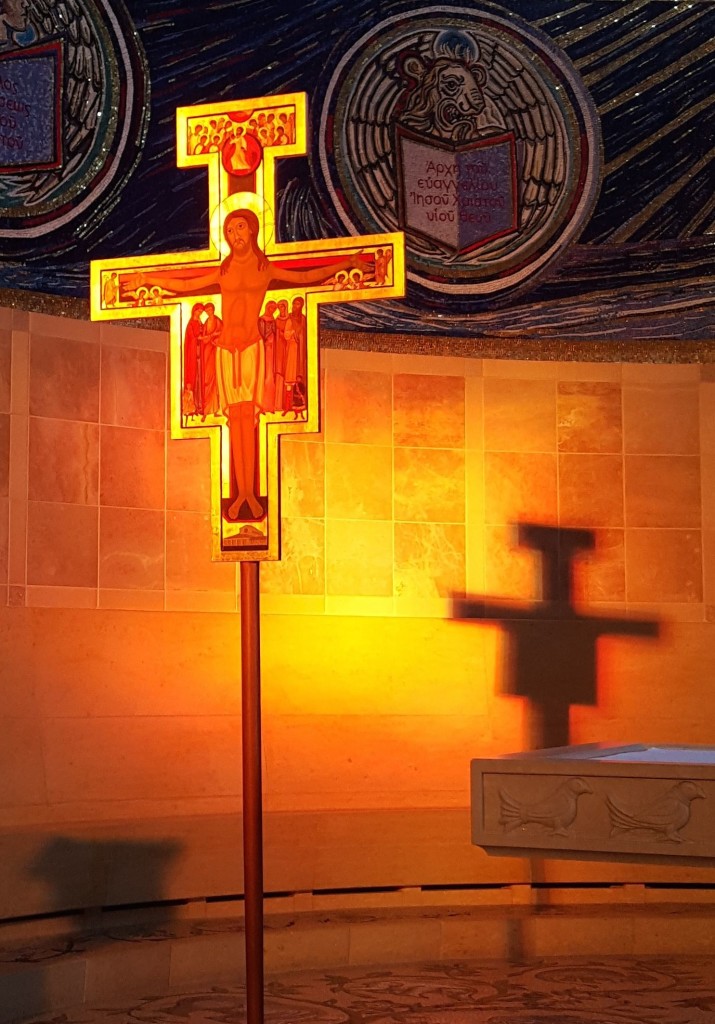
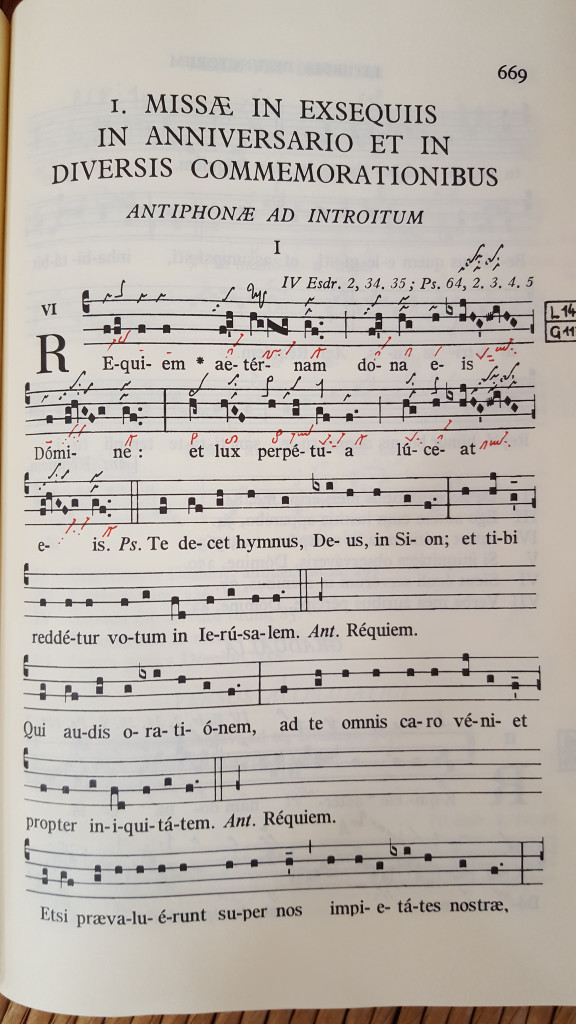

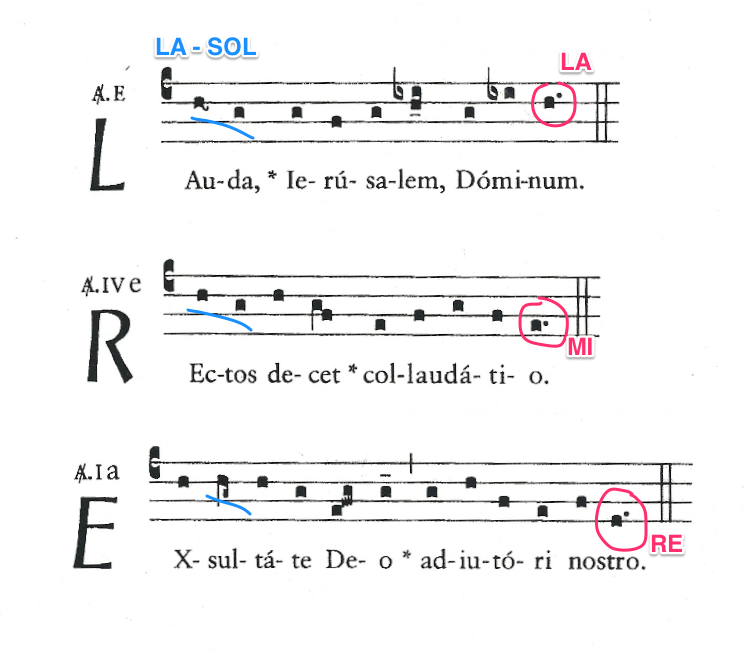
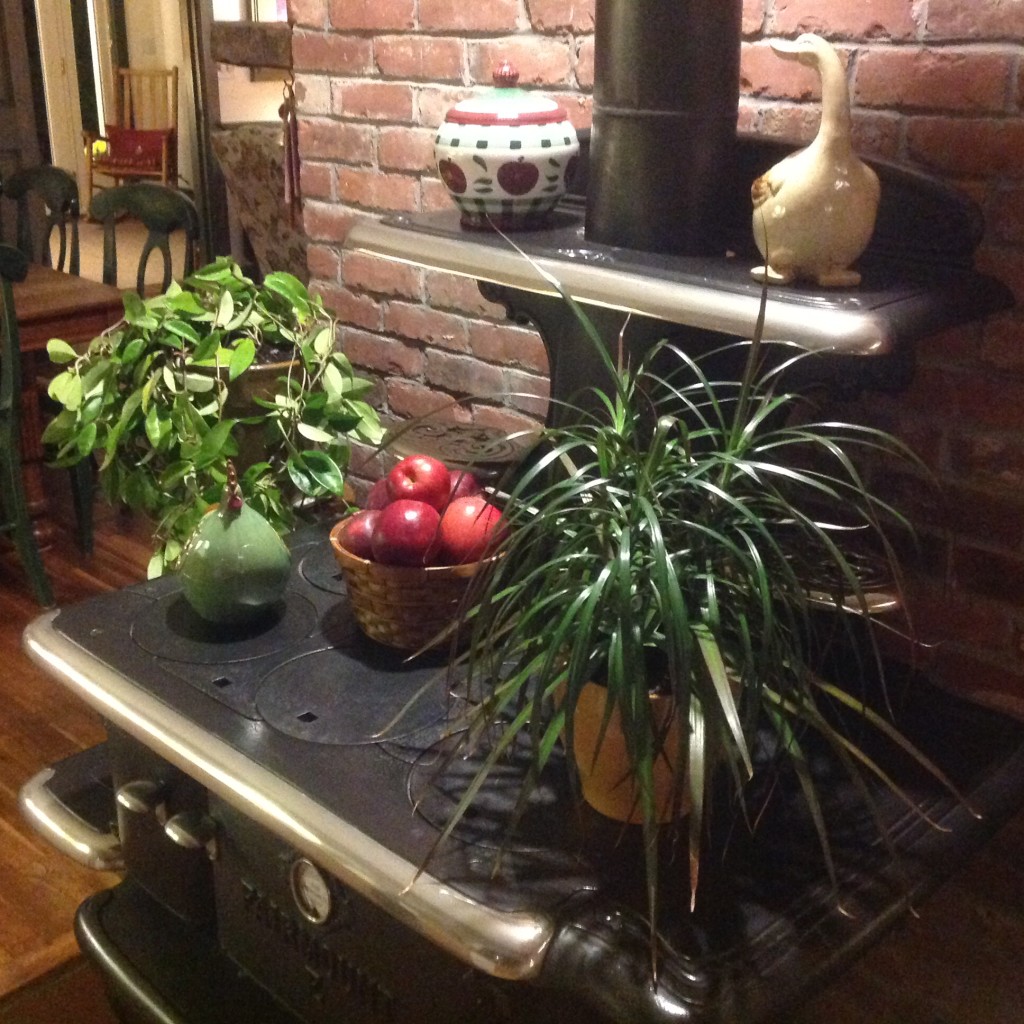

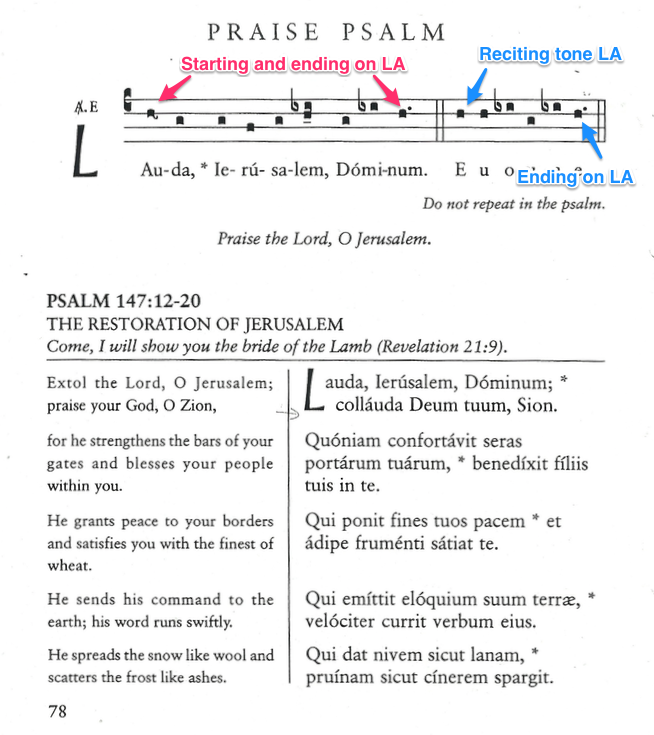


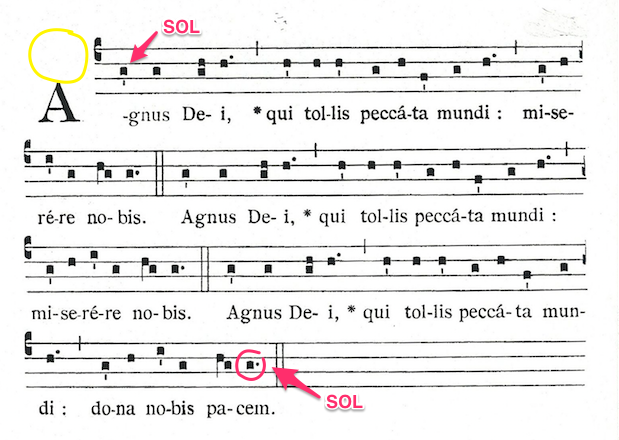

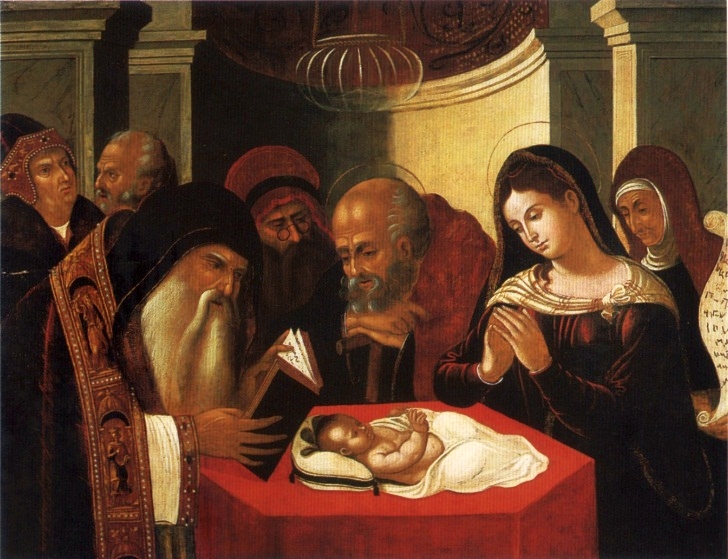

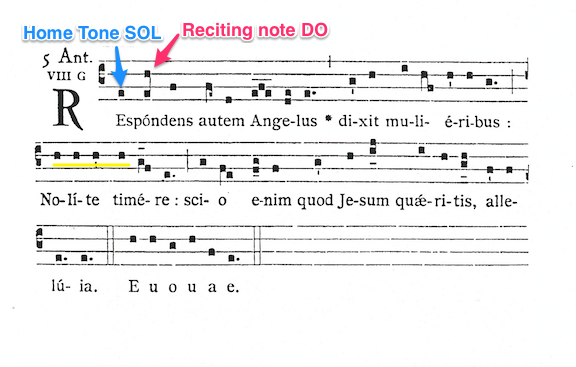
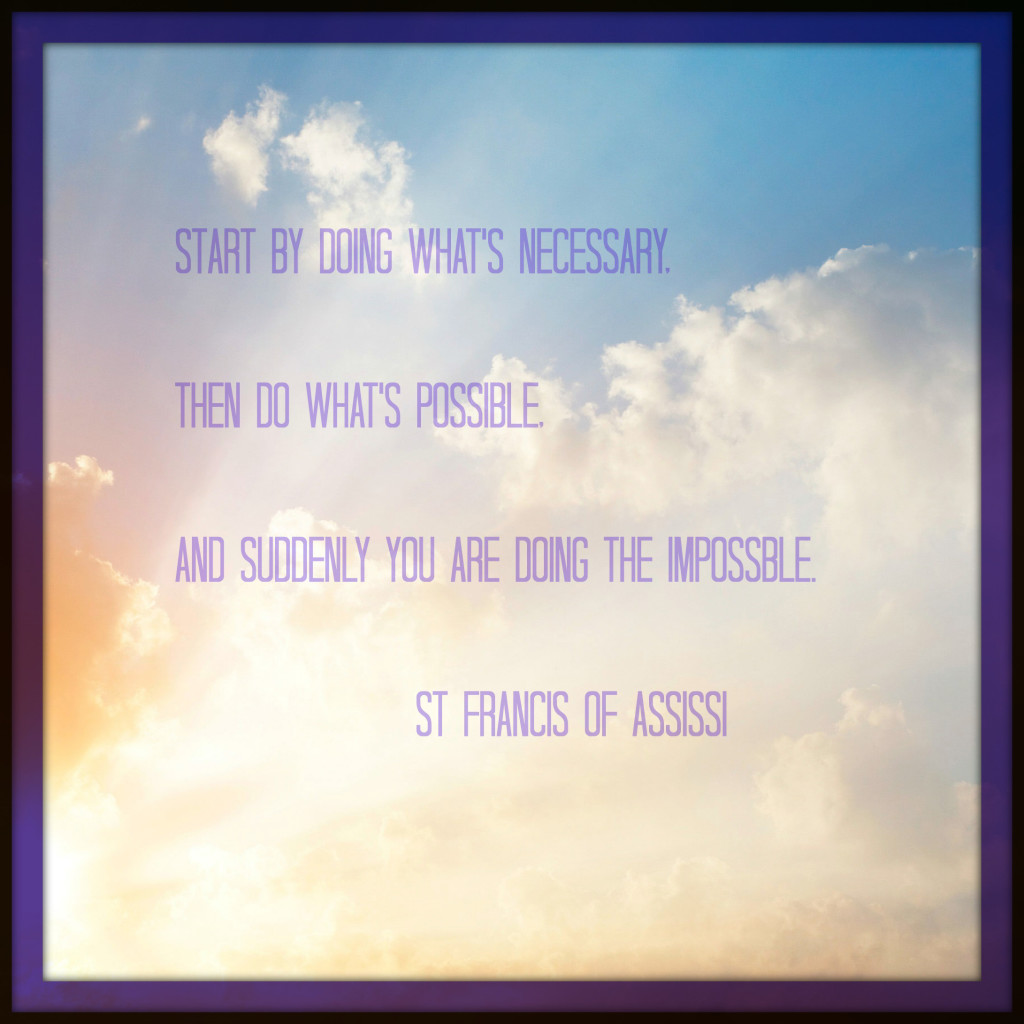

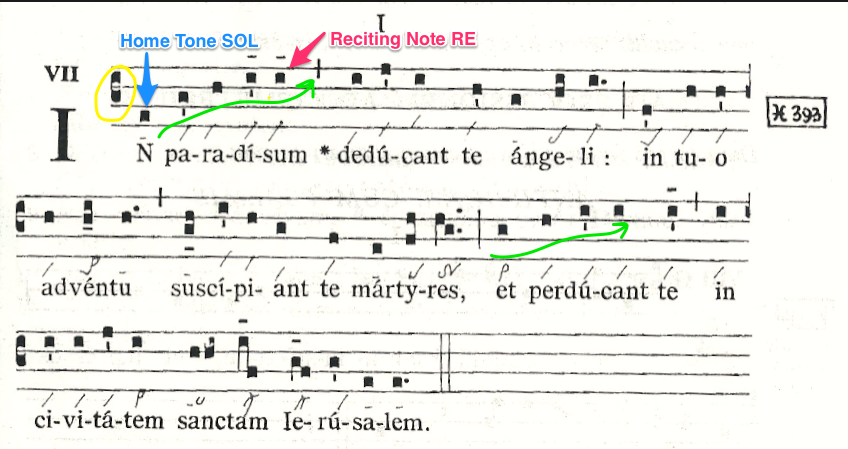
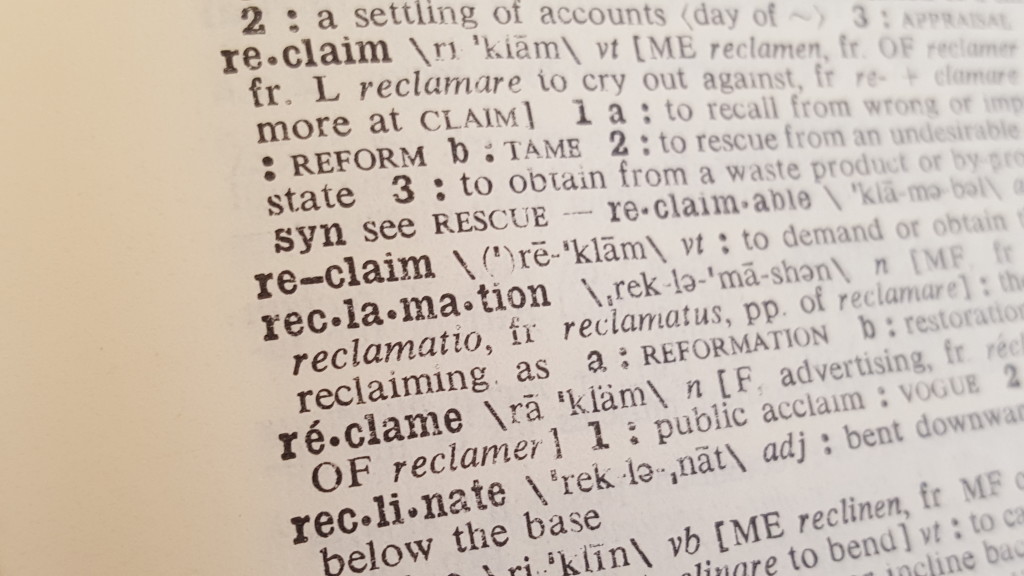
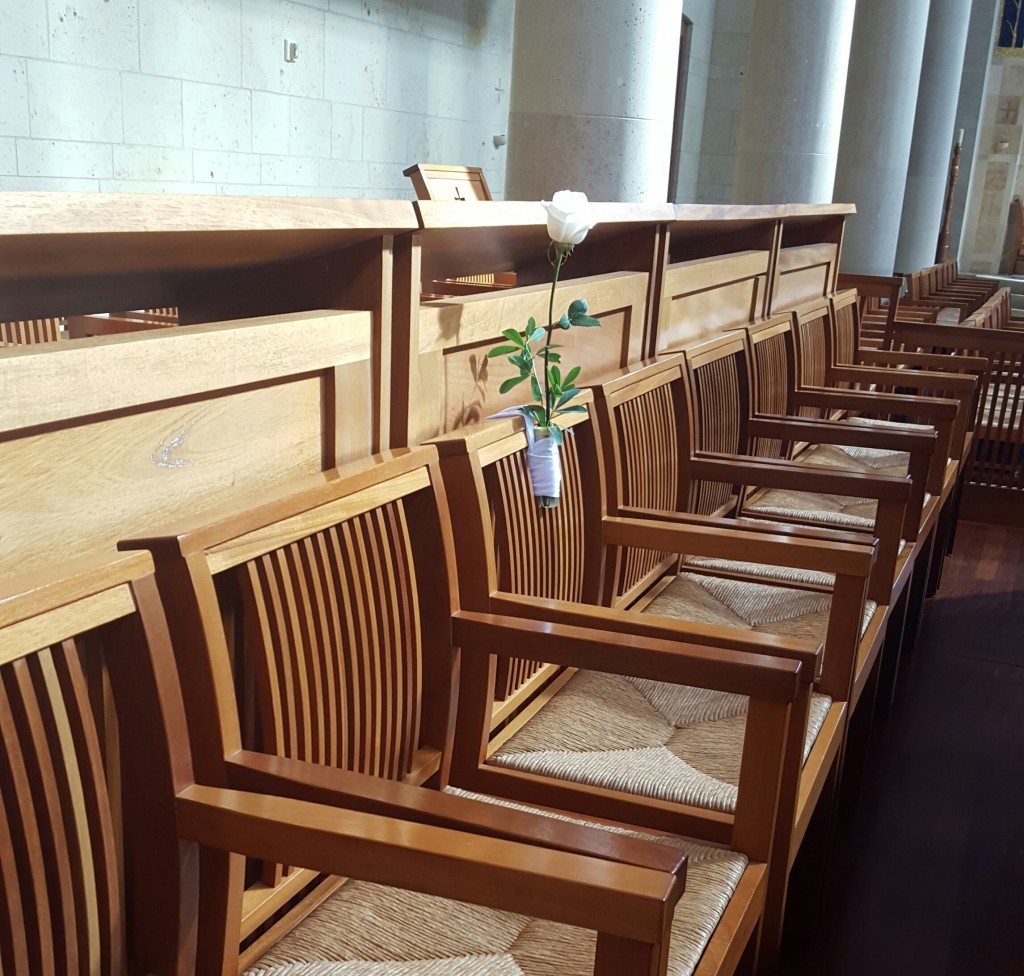
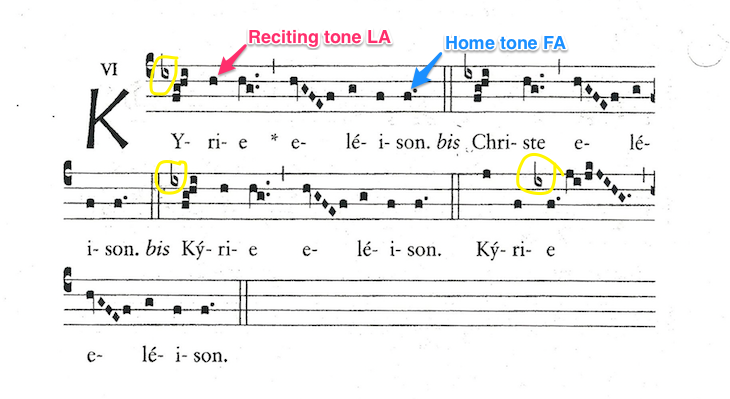

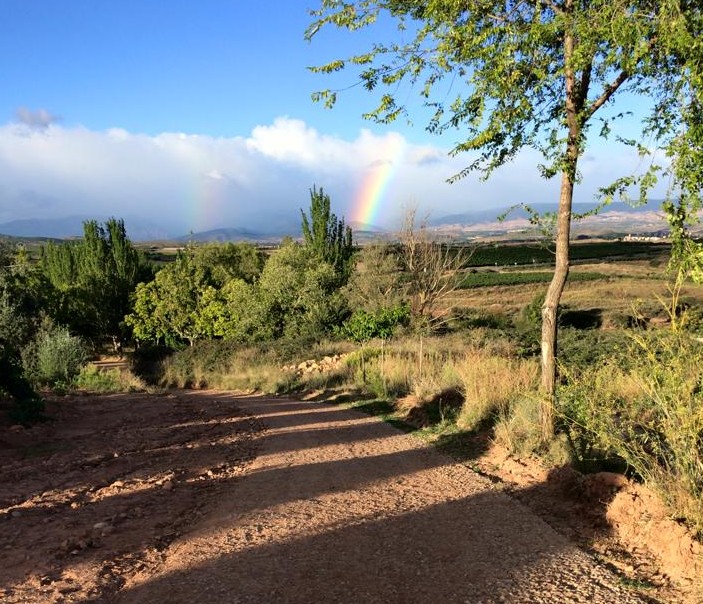

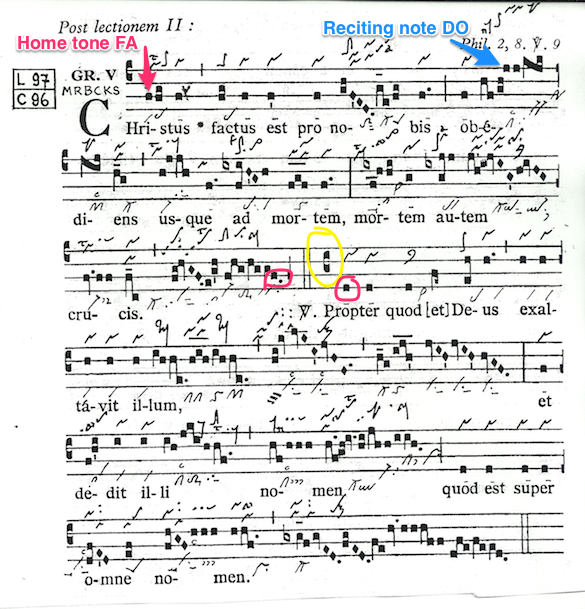





 One particular tomato plant is teaching me a lesson this august. It’s a tall tomato at the front of staked row, one that has a stout 8 foot stake to climb, andeven with faithful succoring, it has grown well above this height. The stalk is a sturdy with a straight trunk, about an inch or more thick in places. After a recent heavy wind storm, a tall main branch was folded in half at about 4 feet above ground. I found it the next morning, nearly broken in half, collapsed to the ground. Instantly the anxiety began to rise, my fears where coming true: here we are in August and the entire growing season is going to be for naught! I was about to cut off the large sprawling branch, to throw in the brush pile to quickly hide the shame I was starting to feel of ruining this beautiful plant. I should have tied it up better, maybe added another stake, I’m thought to myself.
One particular tomato plant is teaching me a lesson this august. It’s a tall tomato at the front of staked row, one that has a stout 8 foot stake to climb, andeven with faithful succoring, it has grown well above this height. The stalk is a sturdy with a straight trunk, about an inch or more thick in places. After a recent heavy wind storm, a tall main branch was folded in half at about 4 feet above ground. I found it the next morning, nearly broken in half, collapsed to the ground. Instantly the anxiety began to rise, my fears where coming true: here we are in August and the entire growing season is going to be for naught! I was about to cut off the large sprawling branch, to throw in the brush pile to quickly hide the shame I was starting to feel of ruining this beautiful plant. I should have tied it up better, maybe added another stake, I’m thought to myself.
























